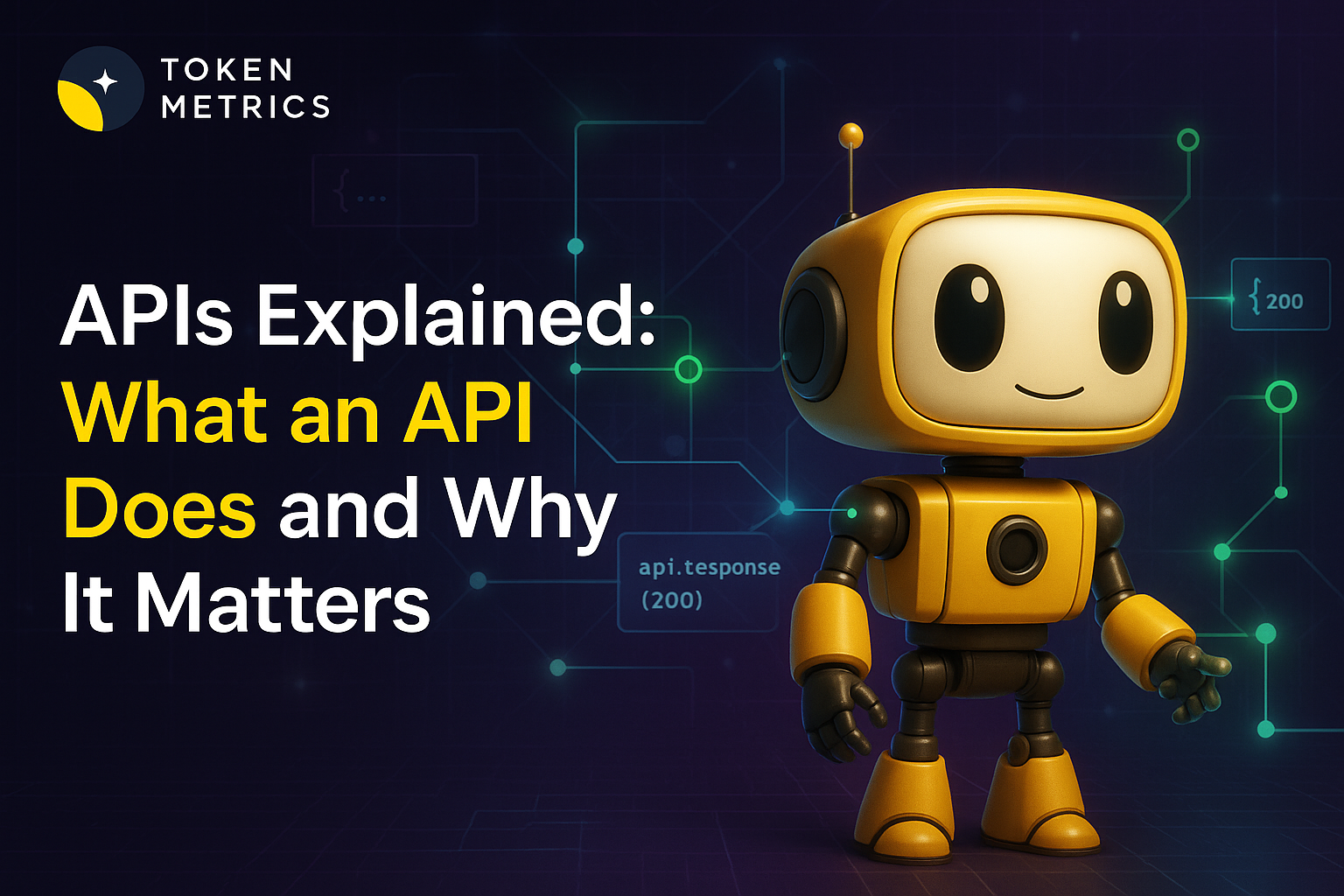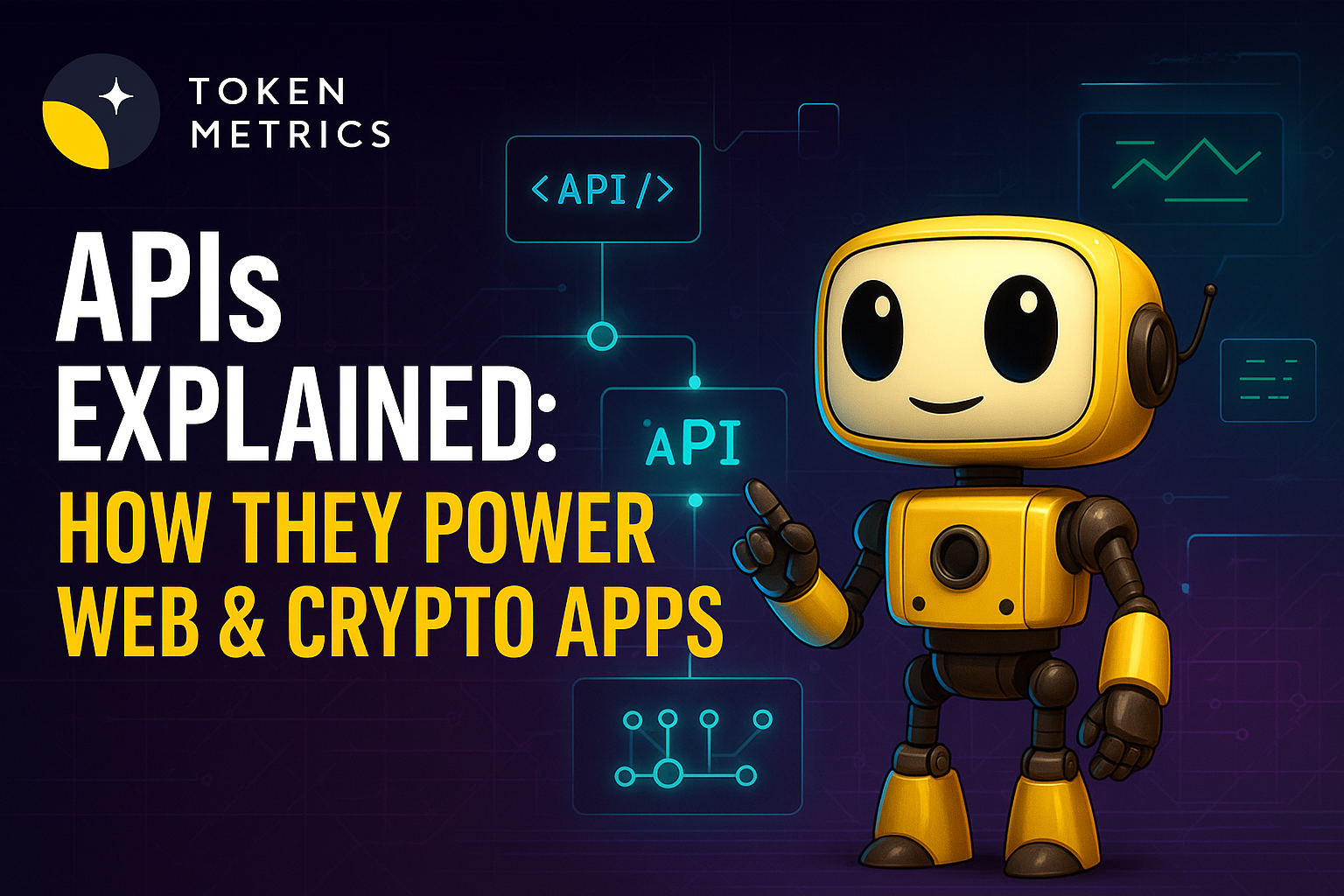What is Asset Allocation and How Does it Impact Your Portfolio?

Cryptocurrency has become a popular investment option, attracting both seasoned investors and newcomers to the market. However, the extreme volatility and unpredictable nature of cryptocurrencies make it crucial to have a well-thought-out asset allocation strategy in order to maximize returns and minimize risk.
In this article, we will explore the concept of crypto asset allocation, its importance, and various strategies to help you navigate the cryptocurrency market effectively.
What is Crypto Asset Allocation?
Crypto asset allocation refers to the process of dividing your cryptocurrency investments across different types of digital assets, such as coins and tokens, as well as considering factors like market capitalization, geographic location, and the underlying technology of the cryptocurrencies.
Asset allocation aims to spread your investments across a range of assets to reduce overall volatility and enhance long-term returns.
The Benefits of Diversification
Diversification is a key principle in asset allocation, and it plays a crucial role in managing risk and increasing the potential for returns.
Investing in various cryptocurrencies can reduce the impact of poor-performing investments by offsetting them with investments that are performing well.
Diversification helps to protect your portfolio from major losses and allows you to take advantage of potential opportunities across different sectors of the cryptocurrency market.
However, it's important to note that diversification does not eliminate systemic risk, which is the risk inherent in the entire cryptocurrency market.
While asset allocation can reduce overall volatility, it cannot completely eliminate cryptocurrency fluctuations and uncertainties.
Strategies for Crypto Asset Allocation
Understanding and implementing effective strategies for crypto asset allocation is crucial for investors looking to navigate the dynamic market.
These strategies play a vital role in helping investors optimize their crypto portfolios, manage risk, and capitalize on the potential of digital assets.
Market Capitalization Allocation
One common crypto asset allocation approach is investing in cryptocurrencies with different market capitalizations.
Market capitalization is the total value of a cryptocurrency, calculated by multiplying the price of each unit by the total number of units in circulation.
Investing in cryptocurrencies with varying market capitalizations allows you to balance the potential for high returns from smaller-cap coins with the stability and liquidity of larger-cap cryptocurrencies.
Small Market Capitalization Cryptocurrencies: Investing in small-cap cryptocurrencies can be riskier but may offer significant growth potential.
These coins often have innovative technology or unique use cases that could lead to substantial returns if successful. However, smaller-cap coins also carry a higher risk of failure or price manipulation.
Medium Market Capitalization Cryptocurrencies: Medium-cap cryptocurrencies are seen as a balance between small and large-cap coins. They offer a moderate level of risk and potential returns.
These coins have established themselves to some extent in the market but still have room for growth.
Large Market Capitalization Cryptocurrencies: Investing in large-cap cryptocurrencies, such as Bitcoin and Ethereum, provides stability and liquidity to your portfolio.
These coins have a proven track record and strong market presence and are less susceptible to extreme price fluctuations. However, the potential for exponential growth might be relatively lower than smaller-cap coins.
Geographic Allocation
Another factor to consider in crypto asset allocation is the geographic location of the cryptocurrencies or cryptocurrency projects. Different countries and jurisdictions have varying regulations and attitudes towards cryptocurrencies.
By diversifying your investments across different geographic locations, you can mitigate the risk of adverse regulatory changes or localized market downturns.
- Crypto-Friendly Jurisdictions: Some countries have embraced cryptocurrencies and have favorable regulations in place, encouraging innovation and growth in the crypto industry. Investing in cryptocurrencies originating from these jurisdictions can provide more stability and regulatory certainty.
- Strict Regulatory Environments: On the other hand, some countries have implemented strict regulations or even banned cryptocurrencies altogether. Investing in cryptocurrencies from these jurisdictions may carry additional risks due to the uncertain legal and regulatory landscape.
Types of Cryptocurrencies
Another crucial aspect of crypto asset allocation is considering the different types of cryptocurrencies and their underlying technologies. Understanding the purpose and function of each type of cryptocurrency can help you diversify your portfolio based on their unique characteristics.
Pure Currency Cryptocurrencies: These are cryptocurrencies that primarily function as a medium of exchange and store of value, such as Bitcoin.
Pure currency coins do not have any specific utility or underlying technology other than facilitating transactions. Investing in these coins can provide exposure to the broader cryptocurrency market and potential long-term growth.
Stablecoins: Stablecoins are cryptocurrencies designed to maintain a stable value by pegging their price to a specific asset, such as a fiat currency.
These coins can be used as a store of value and offer a hedge against market volatility. Stablecoins provide a bridge between the traditional financial system and the cryptocurrency world, allowing investors to hold their funds in a relatively stable asset.
Utility Tokens: Utility tokens serve a specific purpose or function within a blockchain ecosystem. They are used to access and utilize certain features or services the underlying platform offers.
Investing in utility tokens allows you to participate in the growth of specific blockchain projects and potentially benefit from their adoption and success.
Security Tokens: Security tokens represent ownership in an underlying asset or company and function as digital securities.
These tokens are subject to securities regulations and may offer investors financial rights, such as dividends or profit-sharing. Investing in security tokens provides exposure to traditional investment assets within the cryptocurrency space.
Implementing Your Crypto Asset Allocation Strategy
When implementing your crypto asset allocation strategy, it's important to consider your risk tolerance, financial goals, and investment horizon. These factors will influence the weighting you assign to different cryptocurrencies and asset classes within your portfolio.
A well-balanced and diversified portfolio can help you navigate the cryptocurrency market and position yourself for potential growth while managing risk.
It's also essential to stay informed about the latest developments in the cryptocurrency market and regularly review and rebalance your portfolio.
The cryptocurrency market is highly dynamic, and the relative performance of different assets can change rapidly. You can optimize your returns and adapt to market conditions by staying proactive and adjusting your allocation as needed.
Conclusion
Crypto asset allocation is a critical aspect of successful cryptocurrency investing. You can manage risk and maximize your long-term returns by diversifying your investments across different types of cryptocurrencies, market capitalizations, geographic locations, and underlying technologies.
Remember to consider your risk tolerance, financial goals, and investment horizon when constructing your portfolio. Regular monitoring and rebalancing are essential to ensure that your asset allocation aligns with your objectives.
With a well-thought-out asset allocation strategy, you can confidently navigate the cryptocurrency market and seize opportunities in this exciting and rapidly evolving space.
Disclaimer
The information provided on this website does not constitute investment advice, financial advice, trading advice, or any other advice, and you should not treat any of the website's content as such.
Token Metrics does not recommend buying, selling, or holding any cryptocurrency. Conduct your due diligence and consult your financial advisor before making investment decisions.
Create Your Free Token Metrics Account

.png)




%201.svg)
%201.svg)


%201.svg)










.svg)




.png)